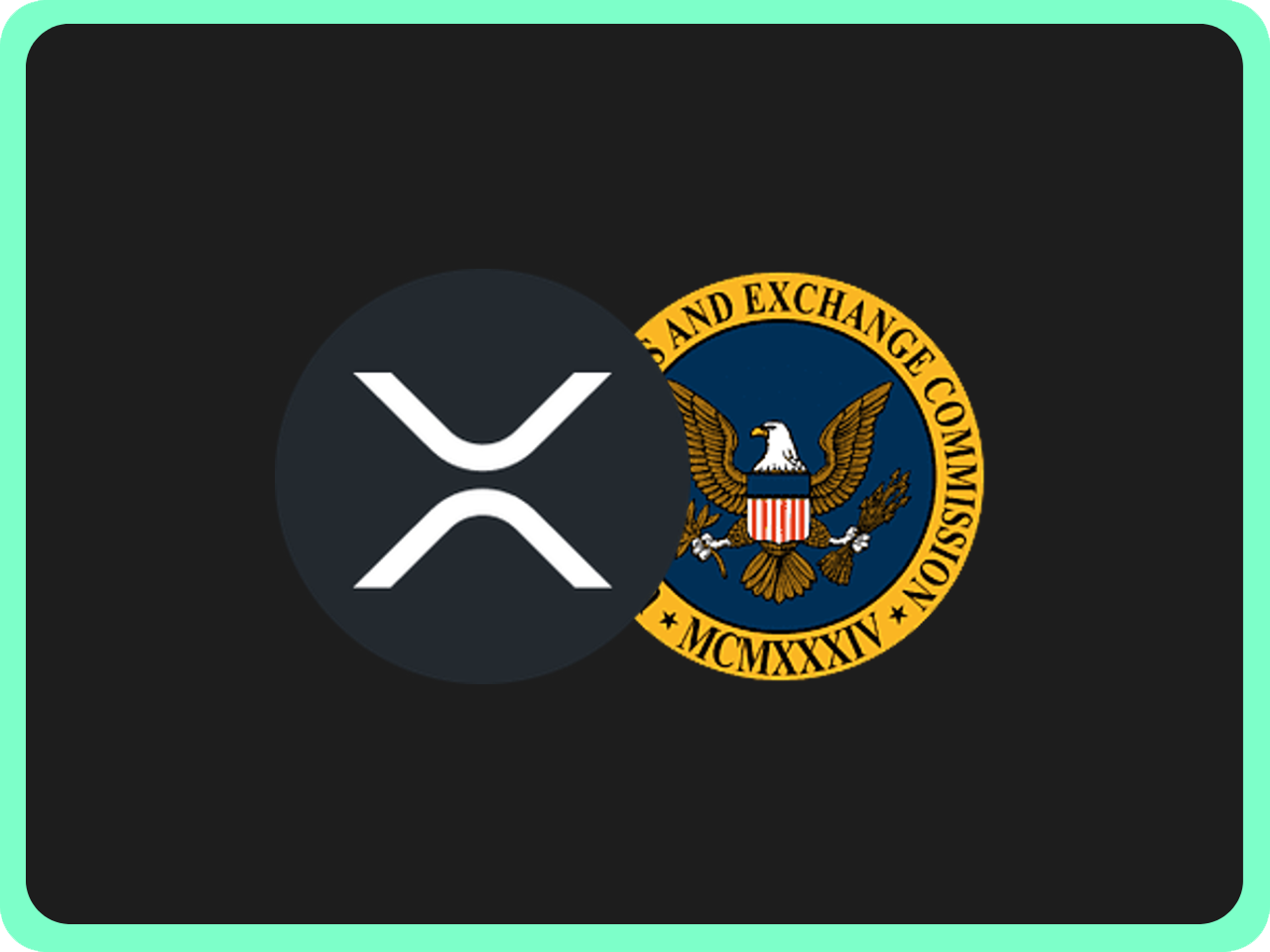In a landmark ruling, US Judge Analisa Torres has declared that Ripple’s XRP is not a security, partially denying the SEC’s claims. This decision marks a significant victory for Ripple and could have broad implications for the digital asset industry. Ripple CEO Brad Garlinghouse hailed the verdict as a win for all crypto innovation in the US.
The digital asset industry has been embroiled in a legal controversy for years, with the status of Ripple’s XRP as a security being the crux of the matter. The US Securities and Exchange Commission (SEC) had long maintained that XRP was indeed a security, leading to legal proceedings against Ripple. The outcome of this dispute was expected to have far-reaching implications for the industry. Now, a definitive ruling has been made by a US judge.
US Judge Analisa Torres has recently issued a ruling stating that Ripple’s XRP is not a security. The court document reveals that the SEC’s motion was partially denied, specifically in relation to the regulator’s claims that XRP was a security.
Judge Torres also ruled that the institutional sales of XRP by Ripple were securities, according to the court’s statements. This decision could have significant repercussions and may be seen as a pivotal moment in the history of cryptocurrencies. The SEC has been known for its enforcement-first approach to digital asset regulation, and this ruling could influence the status of various other assets in the industry.
The industry and market participants have been eagerly awaiting this verdict. It seems that a resolution has finally been reached, with the judge’s decision marking a significant victory for Ripple. The ruling indicates that the sale of XRP does not legally constitute an offer of investment contracts.
Ripple CEO Brad Garlinghouse responded to the verdict, reflecting on the two-year legal battle and the implications of this ruling for the future of the industry in the United States.
In his statement, Garlinghouse said, “We asserted in December 2020 that we were on the right side of the law, and that we would be on the right side of history. We are grateful to everyone who supported us to reach today’s decision – a decision that benefits all crypto innovation in the US.”

